@Apppromo and @CleverTap’s highly successful webinar of May 12, 2106 is now available for users to download. If you want to find the secrets of #MobileGrowth, #AppEngagement and #UserRetention, you are welcome to download the webinar today!
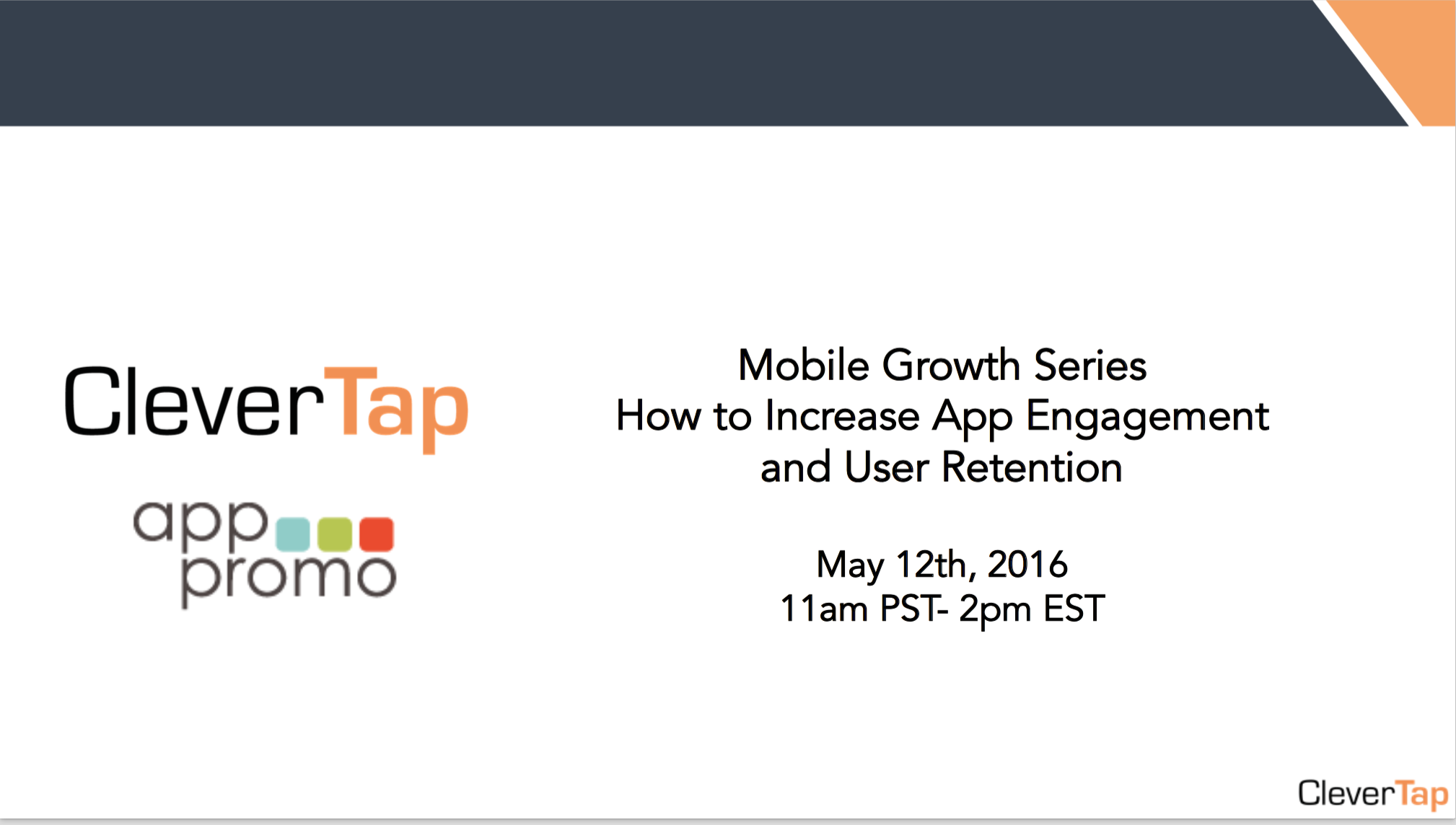
@Apppromo is proud to have our client @Emojitones being featured on the #Reuters #Billboard in #TimeSquare #NYC. We heart emoticon #NY! Emojitones lights up Times Square, New York City 👏 👏 👏 😎 😎 😎 🌟 🌟 🌟 http://www.emojitones.com #emoji with SOUND! What a way to launch an app! Cheers!!!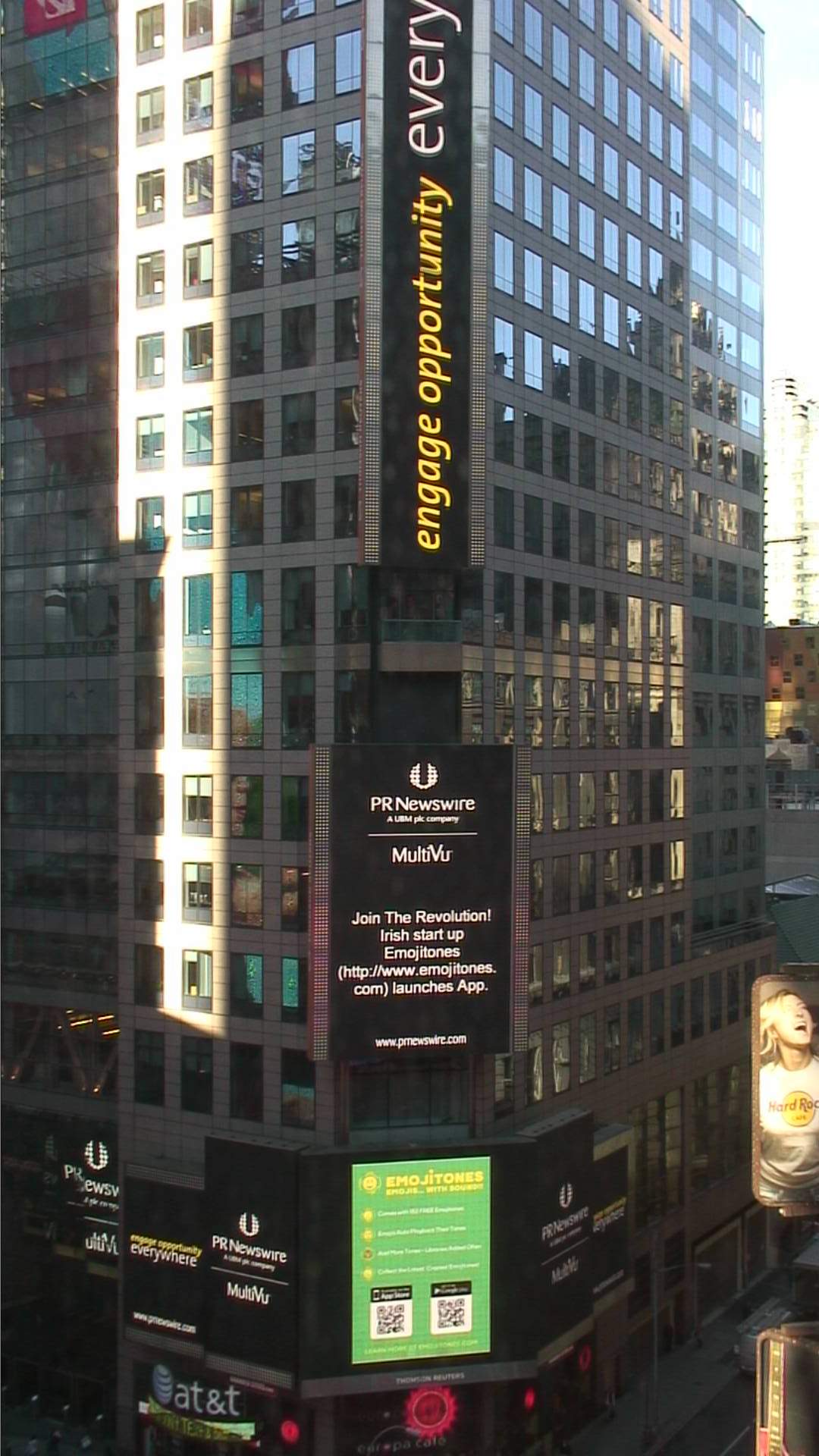
@App Promo was recently interviewed by Andy Favell, ClickZ columnist on mobile on the topic of App store optimization. Enclosed is a short extract of the full article which can be found at:
App store optimization (ASO) is the equivalent of SEO for native apps. It is partly about how the app ranks when people search the store of a relevant app and partly about how compelling it appears to the user.
Done effectively, app store optimization should deliver better long-term results than paid advertising.
Gary Yentin, CEO and Founder, App-Promo, Toronto:
Currently, ASO has the best return on investment (ROI) but that is over time. For immediate impact, paid media delivers the best ROI.
However ROI of paid advertising varies. It depends both on what the life-time value (LTV) of the customer is, and when the paid media campaign is launched.
Paid media acquisition costs vary with supply and demand and tend to be higher in Q4 (during the holiday season).
ASO tends to deliver better ROI since rates and inventory are not subject to this fluctuation and it delivers longer term results.
Test, test and test again
Digital marketing is an imprecise science because every situation is different. This makes it essential that marketing programs are constantly measured and tweaked to maximize optimal results.
Gary Yentin:
It’s important to plan early and have a sufficient budget allocated, and test, test, test. It not terrible to make a mistake. If the budget allows for testing, you can then learn and make changes towards a successful campaign.
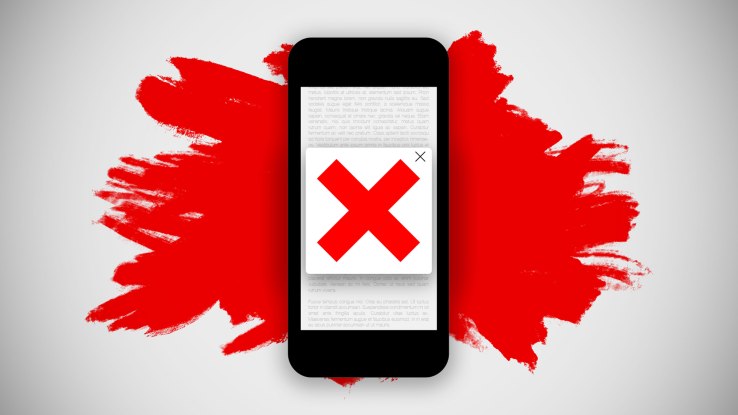
It’s unclear if Apple is setting a precedent, or has only accidentally allowed the approval of a new app, known as Been Choice, into the iTunes App Store. The app claims to block advertisements not only in mobile applications, but also in native mobile apps, including Facebook and even Apple’s own News application. To make this work, Been Choice offers a combination of a content blocker for Safari and a VPN service, the latter which allows it to filter out ad traffic using deep packet inspection.
Obviously, blocking ads in native applications could be disruptive to the primary way a number of mobile application developers make money today. So while Apple may be catering to consumers’ growing disgust with invasive and disruptive online advertisements by supporting ad-blocking technology in its newly released mobile operating system, iOS 9, it seems that allowing an app like Been Choice to actually block ads in native apps – and in particular, Apple’s own News app – goes against Apple’s own best interests.
In other words, time will tell whether Apple meant to allow such a thing or whether Been Choice getting the boot from the Apple App Store is only moments away. (Apple has not yet commented.)
The app is also concerning because it hides a paid surveys operation under the hood of an app promoting data privacy, which seems like a bad fit.
The oddly named Been Choice application was created by co-founders Dave Yoon and Sang Shin, who met at McKinsey & Co. and have worked together for more than eight years. Yoon was involved with marketing and marketing insights at McKinsey, while Shin has worked in technology for two decades, mostly in finance.
Yoon explains that the motivation behind Been Choice has to do with offering users a choice between ad blocking and sharing data in order to earn rewards. That is, users are compensated when they agree to share their behavioral data with advertisers, publishers and app developers. Those rewards come in the form of cash (via PayPal) for now, but the app promises that Amazon gift cards and the option to donate earnings are planned.
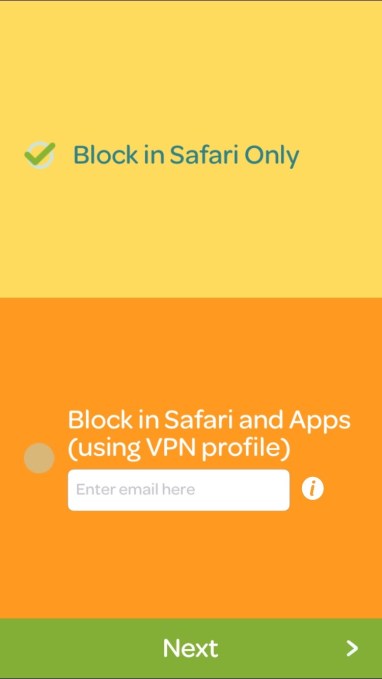
On the technical side, Been Choice offers two different settings related to ad blocking. One is the typical Safari Content blocker – like Crystal, 1Blocker, Purify, etc. (Users can enable ad blockers to eliminate ads from Safari during web browsing sessions — a new feature in iOS 9.)
The more extensive ad blocking is enabled by way of Been Choice’s VPN service. When it’s enabled for the first time, users will be prompted to install a profile on their device. If you’ve ever had to set up an iPhone to connect to your company’s network, you may be familiar with this process. When the VPN is enabled, traffic is then routed through Been Choice’s servers where it performs deep packet inspection on the content. It can then remove specific content – like ads – through pattern matching.
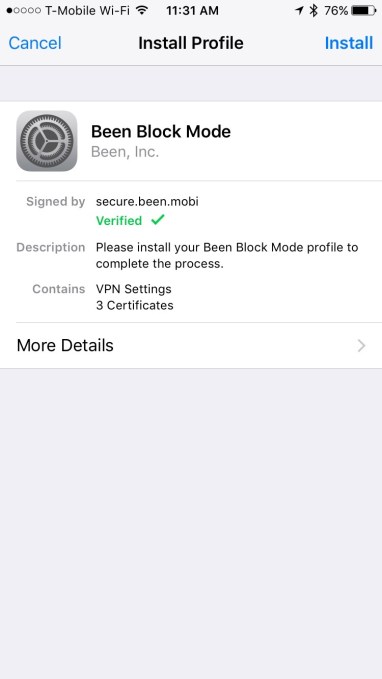
“While we inspect headers and the body, no user content is stored, and our filtering is done on the fly. This approach may be more familiar in its corporate form. For example, companies use deep packet inspection on their managed devices to ensure that sensitive information never leaves internal corporate networks,” explains Yoon.
This ability, the company claims, makes Been Choice the first to block ads in Facebook’s native iOS app. In addition, the app blocks ads in Pinterest, Pandora, Yahoo and the New York Times apps, among others. It also blocks sponsored posts, native ads, and pre-roll videos like those in news apps from CNN or CNBC, for example.
Surprisingly, Been Choice is also capable of blocking ads in Apple’s News app, as well:
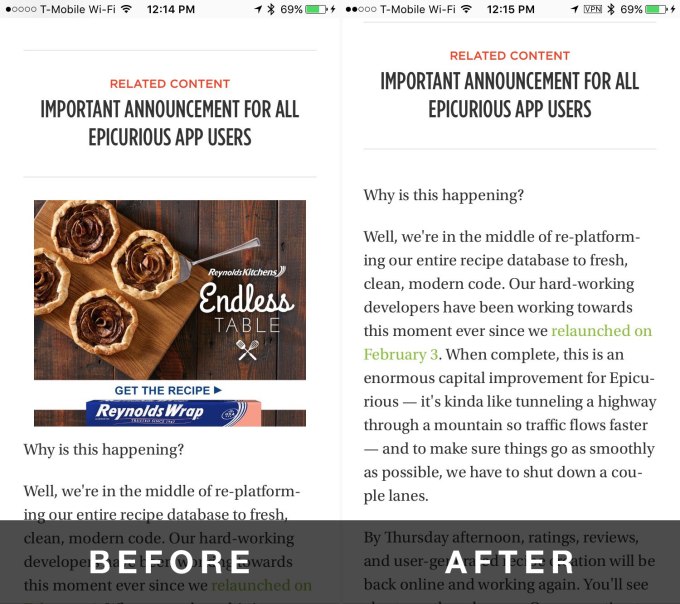
Twitter, however, is not blocked because of its use of end-to-end encryption that makes it impossible to block ad traffic without blocking non-ad traffic.
The team believes that users should take more control over their data-sharing behavior, in order to understand the value of that data rather than blindly offering it up in exchange for creepily targeted ads. That’s fair, but typically mainstream technology adopters are more passive when it comes to things like this.
Installing, then enabling, a Safari ad blocker is one thing, but using a VPN service to wipe out ads across apps and then toggling between “block” and “earn” modes from time to time may be asking for too much user participation. (That’s if Been Choice even gets to stick around in the App Store after Apple sees what it’s up to!)
Even for those who feel comfortable with the technology aspects to Been Choice, the app itself needs better mechanisms to turn off or on the VPN. (Currently, you have to go to Settings –> General –> VPN then click the “i” next to the Been profile and disable “Connect on Demand.”)
Meanwhile, earning rewards takes time. You need 30,000 “points” to earn $20 via PayPal. Earning is time-based, not based on ads avoided, so you can earn 1,000 points per day by leaving the VPN enabled.
Finally, the Earn mode also offers other ways to gain rewards that make Been Choice seem more like a paid surveys operation, or competitor to something like SwagBucks. These types of companies are focused on users exchanging information with marketers in return for rewards.
It’s also not clear how well users will understand what data Earn mode is collecting and reselling, as users tend not to read privacy policies. And according to the Been Choice Privacy Policy, the company is tapping into the data traffic to pull device info, carrier and network info, device IDs, information about apps and data usage, “content of your communications and transactions” excluding financial and e-commerce applications (!!!), and the vague “information about you.”
The company, however, says it takes “reasonable steps to remove all personally identifiable information.” HMMM.
Still, when asked if users are actually sharing more data through Earn mode than when viewing ads, Yoon admitted that’s indeed the case.
“It’s absolutely more data. And that’s what we set out to build,” he explains.
“We think if you have consent from the user, and share economics with the user, you can gather better data. But the key question is consent,” Yoon continues.
“Today, it’s muddled and compromised. It’s an implicit agreement, and neither side benefits and both sides are left wanting more. More privacy and control on one side. More data and better data on the other. By providing a simple switch we are creating choice,” he says.
The Earn option creates a confusing paradigm for Been Choice. On the one hand, the app means to cater to those who don’t want ads anywhere – even in their native apps. Then, on the flip side, it’s hoping to reach those who are more than willing to sell their souls data for cash.
These two demographics are wildly different, and it’s not likely the ad-blocking users will ever be willing to convert to “earners.” In fact, they’re probably going to be distrustful of any app that talks about user privacy, but then encourages you to give it up for some spare change.
[Update: Some readers are pointing out that VPN services have enabled this sort of ad blocking previously. That’s worth noting, but the difference is that these existed prior to iOS 9 and the release of Apple’s own iAd-infused News application. That the company would now allow an ad-blocking app/VPN service to actually cut into its own revenue stream is surprising.]
Posted by Sarah Perez (@sarahintampa)
http://techcrunch.com/2015/10/06/apple-approves-an-app-that-blocks-ads-in-native-apps-including-apple-news/?ncid=tcdaily#.tokpmd:RNzv
@AppPromo had a great time speaking at the @AppsAlliance workshop in Toronto 7.14.15. Enjoy watching Gary Yentin, CEO of AppPromo speak on #AppStrategy commenting that
“If anyone tells you an app is free, they’re lying”
@AppPromo is pleased to be mentioned as one of the top five best #AppMarketing Agencies by MobileCommerce. We are humbled and very appreciative that our clients and colleagues see the value in the hard work that goes into #AppMarketing and #promotion. @AppPromo will continue to work harder to enable our client’s successes!
 App Promo is built from the ground up to push apps and games, be them iPhone or Android titles. They offer everything you could need to get your app off the ground, including more than just ASO (App Store Optimization) and guaranteed downloads, but rather more nuanced strategies that create lasting results and continued revenues. With games like Moto X Mayhem in their clients list, it’s obvious App Promo is doing something right.
App Promo is built from the ground up to push apps and games, be them iPhone or Android titles. They offer everything you could need to get your app off the ground, including more than just ASO (App Store Optimization) and guaranteed downloads, but rather more nuanced strategies that create lasting results and continued revenues. With games like Moto X Mayhem in their clients list, it’s obvious App Promo is doing something right.
The Mobile Personas 2015 report is out now! In its third year, the findings of this year’s study show Mobile Moms are relying ever more heavily on their phones for shopping research and Millenials are eschewing TV for mobile video. See more highlights in the infographic below.
This year’s report has also been split into demographic sections for easier purchase. Contact us for pricing details.
You can also download the Mobile Personas 2015 Infographic as a PDF file.
The Mobile Personas report is a study of Canadian consumers and their mobile usage. The 2015 Study combines a comprehensive analysis of mobile behavior, attitudes and trends over time to help agencies, brand marketers and manufacturers devise effective mobile strategies. Mobile Personas is a collaboration between Brandspark International (consumer and shopper insights), Tapped Mobile (mobile advertising) and AppPromo (app strategy and monetization).
Posted by Michael Siliski, Product Management Director, Google Play
Google Play now reaches more than 1 billion people on Android devices in more than 190 countries, helping a growing number of developers like you build successful global businesses. In fact, in the past year, we paid more than $7 billion to developers distributing apps and games on Google Play. We remain as committed as ever to making Google Play the best place to find great apps, games and other entertainment.
App discovery plays a critical role in driving your continued success, and over the past year Google has provided bestpractices to enhance app discovery and engagement, as well as app promotion tools to get the most out of search and display advertising for developers. We are always looking for new ways to help you get your apps in front of potential new users. That’s why, in the next few weeks, we will begin piloting sponsored search results on Google Play, bringing our unique expertise in search ads to the store.
With more than 100 billion searches every month on Google.com, we’ve seen how search ads shown next to organic search results on Google.com can significantly improve content discovery for users and advertisers, both large and small. Search ads on Google Play will enable developers to drive more awareness of their apps and provide consumers new ways to discover apps that they otherwise might have missed.
In the coming weeks, a limited set of users will begin to see ads from a pilot group of advertisers who are already running Google search ads for their apps. We’ll have more to share in the coming months about the expansion of this program as we look at the results and feedback. We believe search ads will be a useful addition to Google Play for users and developers alike, and we hope this will bring even more success to our developer community.
@Apppromo kicked off #CES2015 with a great panel discussion @Appnation. The CXO Roundtable brought together top CEO’s from leading companies including, @Zumobi @urbanairship @traitify. The panel was moderated by @Apppromo’s partner @appannie. Stay tuned for more exciting insights from @Apppromo this year!